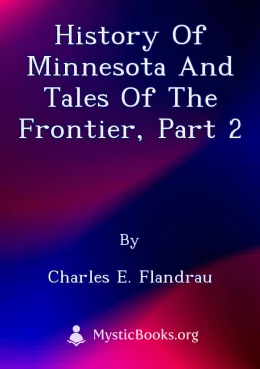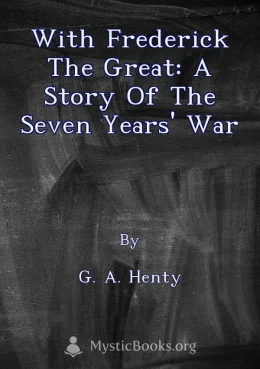
Fort Concho; Its Why And Wherefore
'Fort Concho; Its Why And Wherefore' Summary
The book 'Fort Concho; Its Why And Wherefore' by J.N. Gregory offers a detailed account of the historical significance of Fort Concho, a pivotal U.S. Army post in central Texas. Established in 1867 and operating until 1889, Fort Concho played a crucial role in securing the frontier against hostile tribes, particularly the Comanches. The narrative sheds light on the fort's active participation in the Indian Wars, its role in protecting settlers, stagecoaches, wagon trains, and vital trade routes, and its contributions to the westward expansion of the United States. Through a comprehensive analysis of historical documents, eyewitness accounts, and primary sources, the book provides a rich and multifaceted understanding of Fort Concho's importance within the broader context of American westward expansion and the conflicts with indigenous tribes. The narrative highlights the fort's strategic location, its diverse military operations, and its impact on the development of the region. The book also delves into the daily life of the soldiers stationed at the fort, their challenges and triumphs, and their interactions with the surrounding communities and indigenous populations. Through its detailed analysis, the book offers a compelling perspective on the history of the American frontier and the complex dynamics between the U.S. Army and the indigenous tribes.Book Details
Language
EnglishOriginal Language
Published In
Genre/Category
Tags/Keywords
Authors
Download eBooks
Listen/Download Audiobook
- Select Speed
Related books

Pyrrhus by Jacob Abbott
Jacob Abbott's 'Pyrrhus' offers a biographical account of the life and military campaigns of King Pyrrhus of Epirus. The book explores his rise to pow...

Daughter of the Sioux by Charles King
Charles King was a United States soldier and a distinguished writer. He was the son of Civil War general Rufus King and great grandson of Rufus King,...

Zumalacárregui by Benito Pérez Galdós
This novel, part of Benito Pérez Galdós's extensive 'Episodios Nacionales', delves into the turbulent period of the First Carlist War in Spain during...

County Regiment by Dudley Landon Vaill
This book delves into the history of the Second Regiment of Connecticut Volunteer Heavy Artillery, originally known as the Nineteenth Volunteer Infant...

Christmas Under Three Flags by Mary Emily Donelson Wilcox
A Christmas Under Three Flags' details personal memories of Mary Emily Donelson Wilcox, adopted granddaughter and grand niece of Rachel Donelson Jacks...

Buffalo Bill from Prairie to Palace by John M. Burke
This book is a biography of William Frederick "Buffalo Bill" Cody, one of the legends of the American western frontier. Cody's life was full of advent...

Early Days Of Old Oregon by Katharine Berry Judson
This book delves into the history of the Oregon Country, a vast territory encompassing parts of present-day Oregon, Washington, Idaho, and Montana. It...

History of Minnesota and Tales of the Frontier, Part 2 by Charles E. Flandrau
Judge Charles E. Flandrau's 'History of Minnesota and Tales of the Frontier, Part 2' delves into the experiences of early settlers in Minnesota during...

With Frederick The Great: A Story of the Seven Years' War by G. A. Henty
This book, written by G.A. Henty, tells the story of the Seven Years' War (1756-1763) from the perspective of a young Prussian soldier. The narrative...

Lady's Life on a Farm in Manitoba by Mary Georgiana Caroline Hall
In 1881, Mrs. Cecil Hall's brother went to Manitoba to farm. In 1882, she went out for a visit of some two months, and followed that visit with a long...
Reviews for Fort Concho; Its Why And Wherefore
No reviews posted or approved, yet...